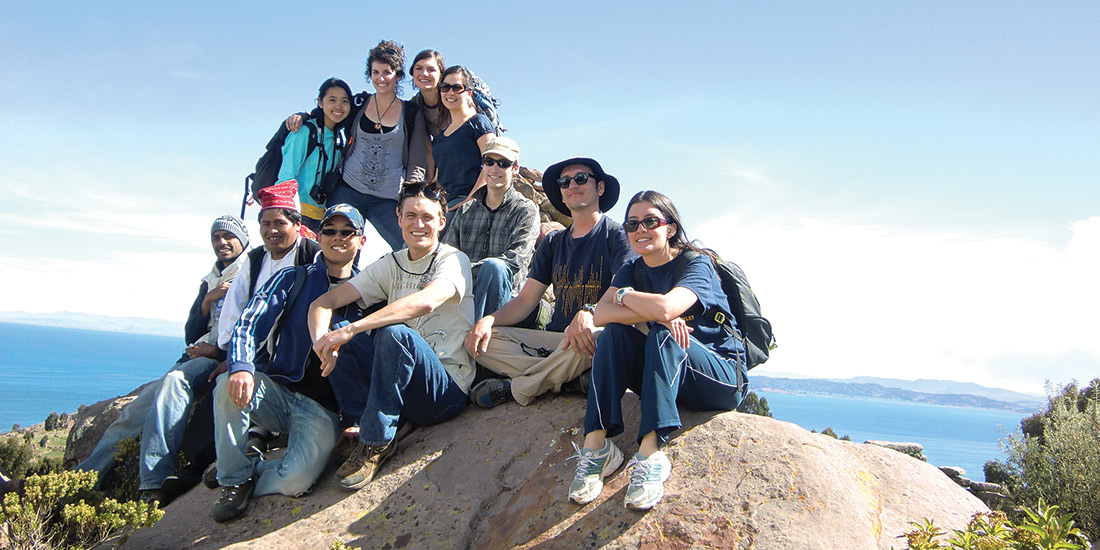Berkeley Engineering’s Ashok Gadgil honored for bridging innovation and humanitarianism to help millions globally
05/02/12 Business Wire — Dr. Ashok Gadgil is the recipient of the 2012 $100,000 Lemelson-MIT Award for Global Innovation in recognition of his steady pursuit to blend research, invention, and humanitarianism for broad social impact. Gadgil is a chair professor of Safe Water and Sanitation at UC Berkeley, and director of the Environmental Energy Technologies Division at Lawrence Berkeley National Laboratory.

